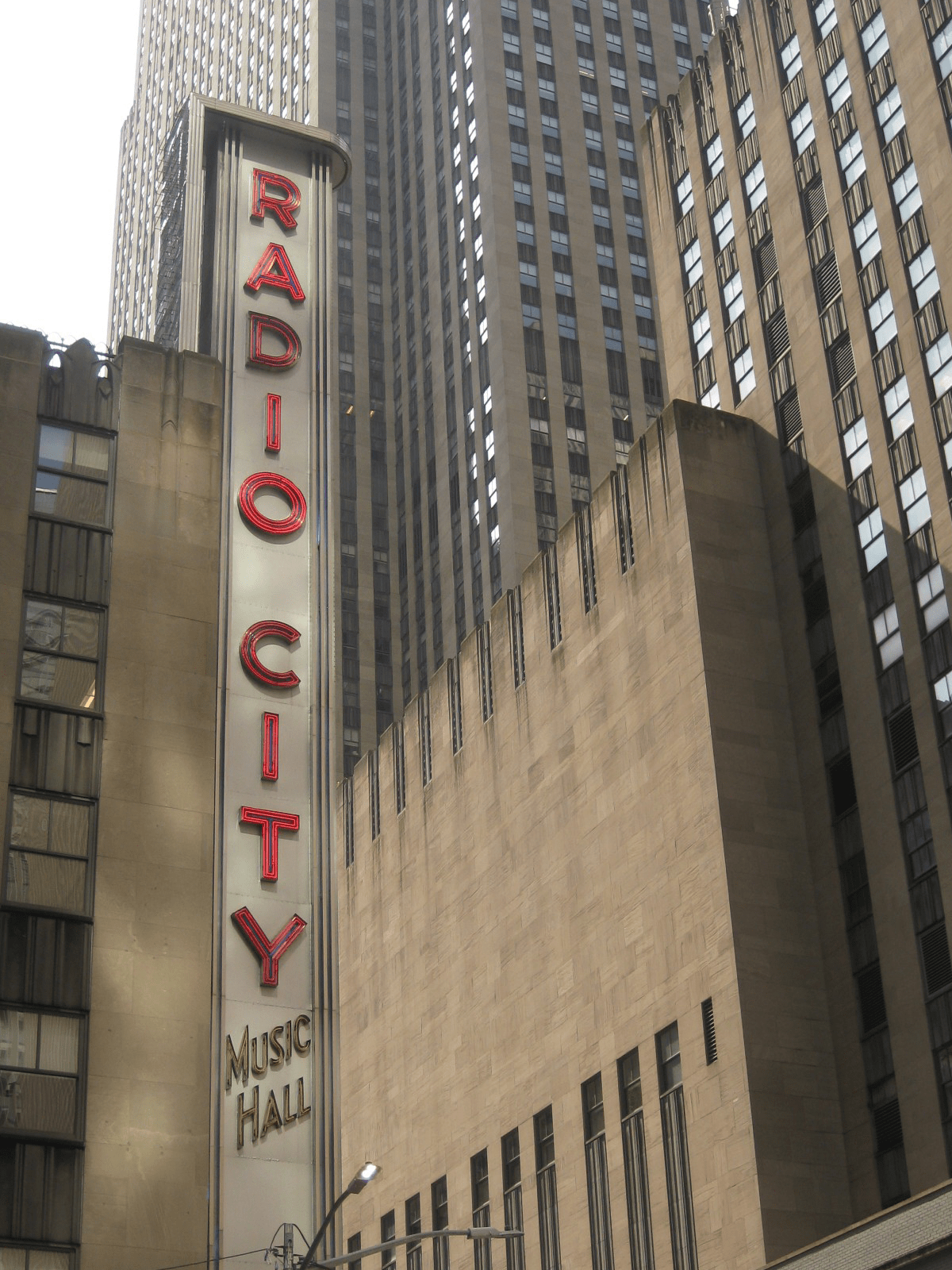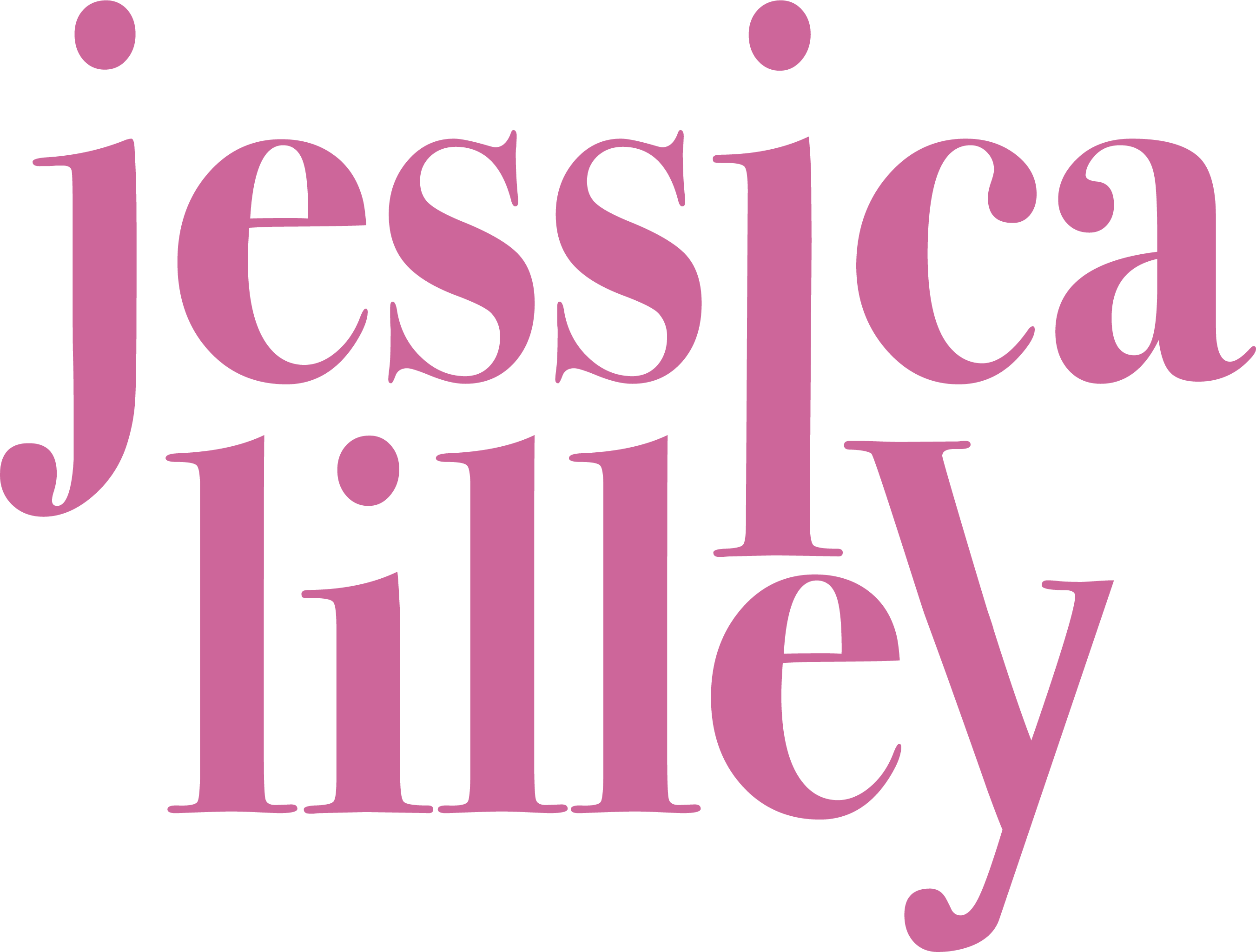music
21 sep 24
What is Dynamic Pricing, and How is it Ruining Concerts?

The rarest type of person is someone who doesn't like music, everyone loves music. Yes, we may have wildly different tastes in genre, but music as a concept has been bringing people together for centuries, and there's nothing more exciting than seeing your favourite artist live. However, in recent years, this has become increasingly difficult to achieve. I would argue that ticket companies are the main offender here, the most famous of them all being none other than Ticketmaster, a ticketing company owned by Live Nation.
Sure, every company has a bad approach to at least one element of what they do, but from the queuing system to bot detection, it seems like fans find issue with just about everything Ticketmaster does. And rightly so! Afterall, nobody's opinion is more valuable than that of the customer. I'd like to highlight the one specific component that has received generous backlash in recent months; dynamic pricing.
Dynamic pricing, often referred to as 'platinum tickets', is Ticketmaster's way of adjusting ticket prices to maximise revenue, the price reflects demand. In short, if lots of people are trying to buy tickets, the ticket price will increase. The problem with this is that tickets are being sold for shockingly inflated prices, often double or triple what the seat is actually worth. One person might purchase a ticket for £50, whilst the person next to them paid £150. Being labelled as 'platinum tickets' may also be misleading some fans into thinking they are paying extra for a VIP package when this is not the case. Whilst Ticketmaster are to blame for enabling this method of pricing, their help centre states that 'promoters and artists set ticket prices' which most have interpreted as meaning that artists and their management make the executive decision of whether to toggle dynamic pricing on or off.
The pricing method has recently received uproar from Oasis fans which gained national government and media attention, but it's an issue that has been around far longer than that since the system had been used by the ticketing company since 2022. The idea that the government only pledged to investigate the pricing after uproar from Oasis fans has left lots of other music fans, the majority of whom being young women and teenage girls, feel disregarded because they were saying the exact same things months ago.
A non-Oasis example of dynamic pricing being used was when tickets for Sabrina Carpenter's 'short n' sweet' tour went on sale. An hour after the queue had opened, when you would expect an arena show for an artist of Carpenter's magnitude to be sold out (or at least close to it), plenty of tickets were left. But they were all platinum. In fact, watching the sale live, none of the tickets were selling! This was of course due to the inflated prices, with lower bowl tickets being sold at nearly £300.
In comparison, an early entry VIP standing ticket for Taylor Swift's 'eras tour' in Liverpool was only £20 more, and that included a merch box! While it's interesting to see Sabrina vs Taylor's teams approaches to dynamic pricing, it's also important to note that the most expensive eras tour VIP seats were being sold for £600, which is by no means an accessible price. It raises the question of how much is too much for a concert ticket, and with some paying thousands whilst others are reluctant to spend more than £50 (me), the line between what is and isn't acceptable is blurred. This ambiguity allows systems like dynamic pricing to exist because Ticketmaster knows that, even if it takes a little longer, there will always be a buyer out there for every price point.
So yeah, platinum tickets are making concerts inaccessible for hundreds, maybe thousands of fans across the country, but as long as the tickets are bought by someone, what does it matter?
